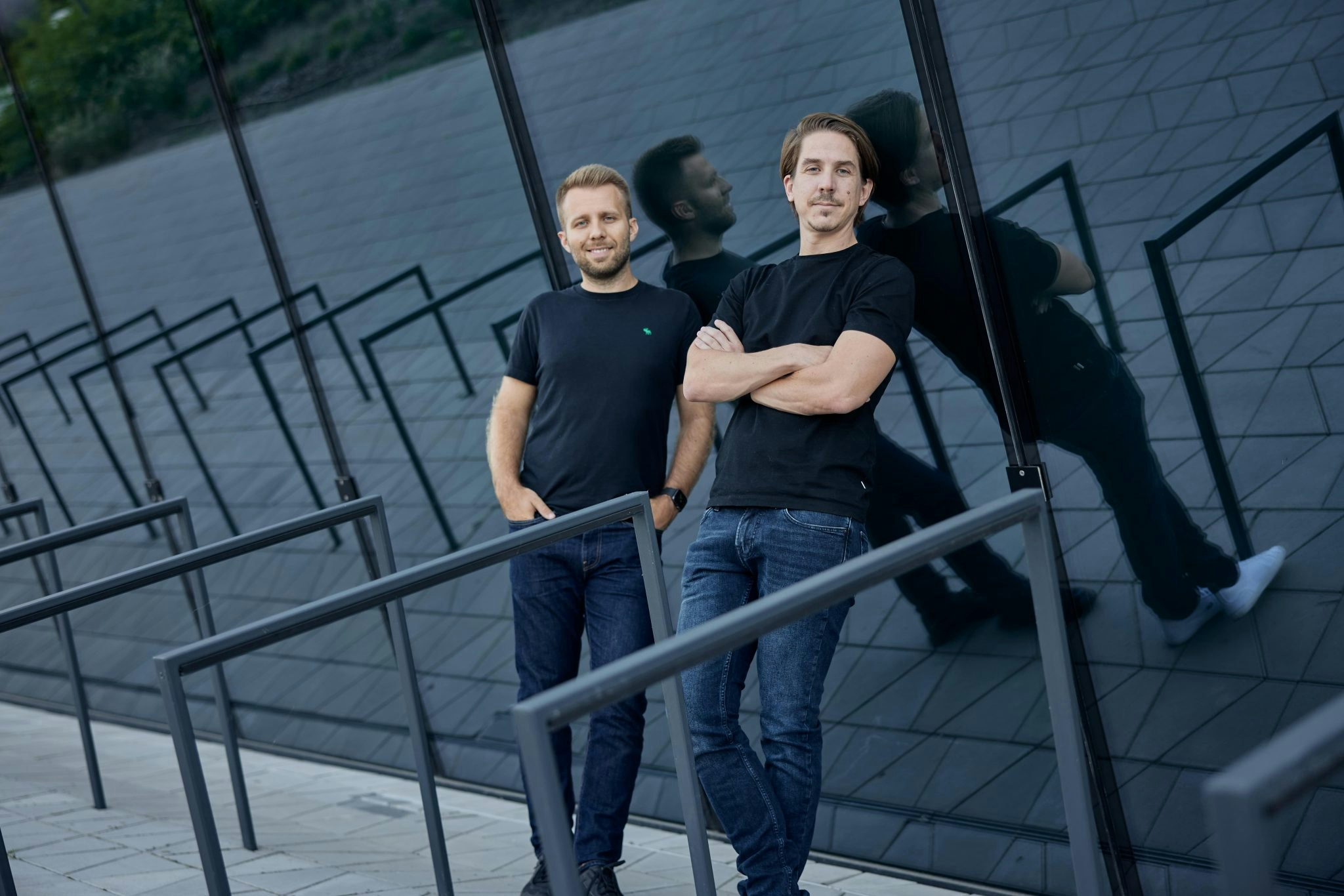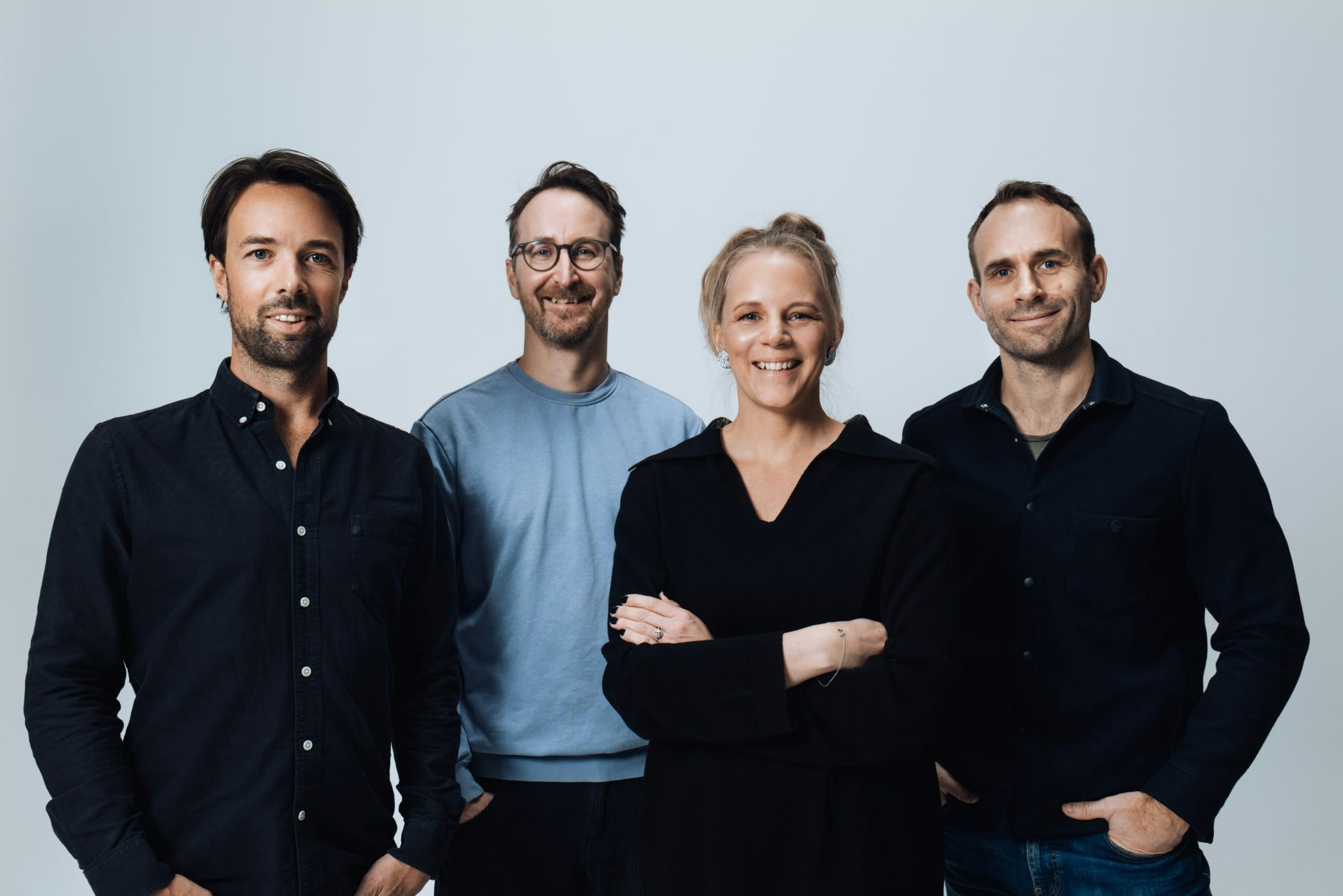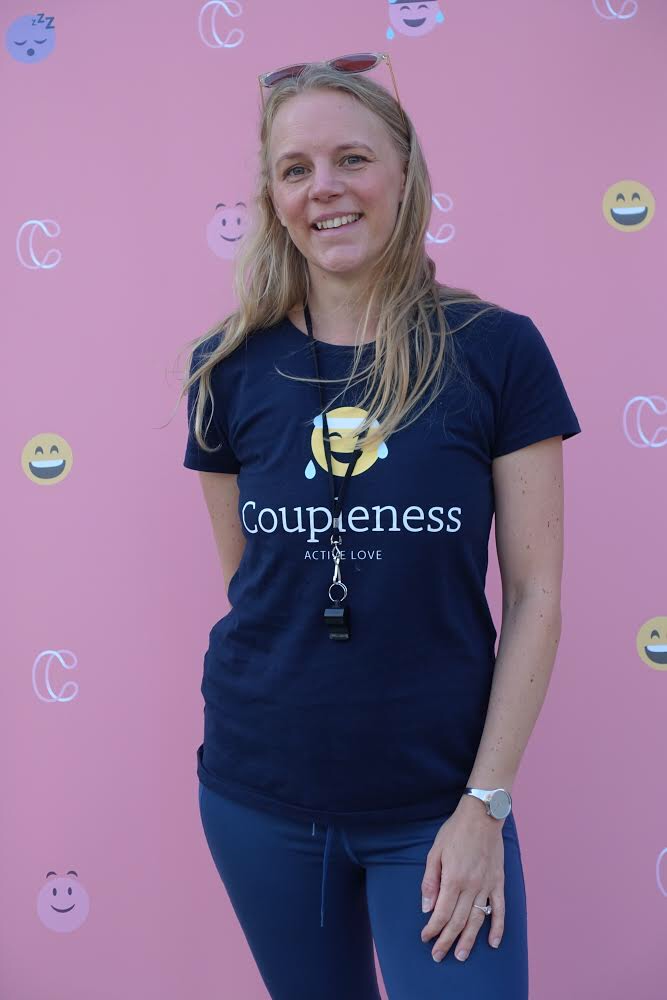For Zoltan Patai, the realisation that he would need to close down his startup struck him quite suddenly.
The company, called Eversync, a B2B SaaS solution helping companies automate and manage their business operations without code, was launched in May 2022 and quickly raised a pre-seed round from German VC Picus Capital. Within three months, it had trotted out a minimal viable product (MVP) and had its first paying customers. Everything seemed rosy.
The company pivoted a lot, as is normal for a young startup. It changed its customer focus, twice. It added new features. But it got to the point where it just couldn’t pivot anymore.
“We were out of ideas,” says Patai, who is based in Budapest. “At the end of the journey, we simply realised that, in this market, we wouldn’t ever be able to find product market fit.”
“We just didn’t see how to make a scalable, high growth business out of this,” he adds.

Eversync decided to close down last month, despite having 18 months of runway, a strong team and “dozens of satisfied customers”, says Patai. But the decision felt like the most responsible one for the team, customers and investors.
Like an increasing number of founders, Patai decided to post about his story on LinkedIn. It’s become something of a phenomenon that European founders are taking to social media to bare all about their startup failures, writing lists of things they did wrong and regret and learnings they’re taking with them for the future.
It’s a sign, say many, that European founders are becoming better at talking about failure.
The signs it’s time to close
The majority of startups fail, for reasons ranging from failing to find customers and running out of cash to founders bowing out for personal reasons. But in the last two years, the problems of economic uncertainty have been added into the mix.
Data from the European Commission, while not focused entirely on startups, shows that declarations of bankruptcies in Europe increased significantly since the first quarter of 2022, peaking in Q4 of 2023. Things are improving though, with bankruptcies having decreased by 0.8% between Q4 2023 to Q1 2024.
Triin Kask, an Estonian serial entrepreneur and angel investor, is among the founders who shared the story of closing her startup Soulie publicly earlier this year.
Founded in 2022, the company was a social app where users could create their own “discovery algorithm” to find online content instead of using Big Tech platforms that “use our data to keep us scrolling for longer”, as Kask puts it. The company raised €500k from angel investors and received a grant of €112k from Enterprise Estonia.
After deciding to close in April, the company finally shut its doors this week and the app was taken down from the App store.
Speaking to Sifted on the day of the closure, Kask says that closing a company is never easy — especially for a first time founder — but sometimes there are glaringly obvious signs that you cannot continue.
In Soulie’s case, finding investment was difficult as VCs no longer found social media “sexy”; the company realised that users maybe didn’t care so much about how algorithms were running their lives; and other startups in the same category — like social news aggregator app Artifact, which had previously attracted a lot of attention — were closing.
Soulie’s investors eventually said they weren’t going to invest more into the company, based partly on the fact that the company’s user numbers, though good, were “not good enough”, says Kask. The company launched its app for the first time in March 2024, and within weeks got over 700 new sign-ups, out of which 90% started a free trial and 43 started paying. But retention was still poor, and there was significant churn of paid users. All the signals were there.
“I also told [the investors] that I don’t see the point of them investing in this moment,” says Kask.
“I’ve been in the industry for 15 years so I know how the mindset of the investor works, and there’s no point going out of your way (to impress investors) if you know that the business metrics are not there.”
Learning to let go
For Jenny Holmström, closing down her Stockholm-based startup Coupleness, an app to help couples take care of their relationships, didn’t feel like failure, but rather like “saying goodbye to an old friend” or relative.
The company was like having something living; it was like flesh and blood to me.
“The company was like having something living; it was like flesh and blood to me. So it was sad to say goodbye to that, knowing that this something will not exist [anymore],” she says.
Coupleness, which was founded in 2019 and had raised $1.3m, had built a strong brand — but trying to build traction for an app that required two people, a couple, to use it simultaneously was difficult.
“Our numbers weren’t super bad; if we had pivoted we could have survived. But we wanted more than just surviving, you know,” says Holmström. “We wanted to build a category leader in the relationship sphere.”

That the timing might have been off for an app like this to scale was compounded by the fact that the company had debt to pay off and the founders were already diluted after previous funding rounds. Raising more investment, a Series A or B round, would mean there were “no more stakes in the game for us,” adds Holmström.
Often, there isn’t one cataclysmic event that causes startups to close, but several things that build up over time. The hardest part for Holmström was the six months leading up to closing the company — after that, she felt lighter, as if she was “reborn”.
To cope, she focused on her mental wellbeing: doing breathwork, therapy, exercising, eating and sleeping well, and looking positively to the future and its limitless possibilities.

“Entrepreneurs really identify themselves with their company, but I really think that what helped me was knowing I am not Coupleness; I am so much more.” says Holmström. “I’m a mum, a friend, a daughter, a sister and I have a purpose to keep building things.”
Keeping a cool head
Part of being an entrepreneur is believing in your vision right up until the last moment, even if no one else does.
“In my previous startups, I’d always experienced those 12-hour miracles, when we’re almost dead and something miraculous happens. So, I was personally hoping that this would happen in our case as well. But the clock started ticking and nothing happened,” says Kask.
“Miracles don’t always happen.”
But sometimes, cruel hard reality has to kick in.
While it might be hard to admit that your company is beyond saving, startups have to be rational about the situation, and remove their “wishful thinking”, says Kask, who has founded three businesses to date, two of which (including Soulie) closed.
Startups need to ask themselves: “Is there enough market potential? Do you have the market knowledge to understand your users and to see that it can actually attract investor money? Do you have a good product, a good value proposition and a good team?” says Kask.
And lastly, do you, as the founder, have the energy to pull through — without burning out, or deepening the burnout you’re already experiencing?
“It’s so crucial to manage the emotional part the founder plays, not just the business side,” says Kask.
“A lot of founders are so completely alone in those moments when they are burnt out, they don’t have energy, they are afraid. They may have investors who say ‘walk it off, now just continue what you’re doing, no one wants to hear that you’re burned out’…. and then they put their whole health at risk.”
It’s so crucial to manage the emotional part the founder plays, not just the business side.
Rasmus Bruus Larsen, CEO and cofounder of Make Influence — a startup helping brands and influencers manage their influencer campaigns — acknowledged the mental toll running a startup can have on a founder in a LinkedIn post detailing the closure of his company.
“I haven’t been myself for a long time. It became a matter of survival rather than the joy of building a company I once loved,” he wrote.
“I’ve made nearly every mistake and faced many near-death business moments. However, I believe this is crucial, as entrepreneurs only improve by experiencing failure.”
Embracing the new
It takes a brave founder to share the story of their failed business publicly — but those that do rarely regret it.
“There isn’t yet a culture, especially in Europe, to speak about failure,” says Patai, adding that he felt like his situation was more the “exception rather than the norm”.
After posting on LinkedIn about closing Eversync, however, Patai received floods of messages from fellow founders building businesses in the same field who had been through similar struggles at different points of their journey. It proved to him that founders need to hear about the failures and learnings of their peers — and reaffirmed to him that he’d made the right decision to pack up and move on.
Being transparent about the struggle also brought “a tonne of opportunities” to him and his team members, says Patai.
In the last month, some Eversync employees have already received 30-40 job offers, he says, and investors have reached out pledging to fund those employees keen to start new companies.
“For anyone reading this, if you’re a founder of an early employee working at a startup: yeah, it’s risky. But even if it doesn’t work out, it will help everyone’s career tremendously, because employers really appreciate (startup) experience,” says Patai, adding that he hasn’t ruled out starting a company again in the future.
Holmström has also had her fair share of offers since closing Coupleness. Within the first few months, she received three CEO and three cofounder requests from various companies — but she declined each one.
She wants to start a new company again on the topic of helping people with their relationships — and already, previous investors have reached out offering to back whatever new venture she starts.
“The closure [of Coupleness] was good,” says Holmström. “It was kind of a rebirth of my entrepreneurial skills, energy and appetite for building companies.”
Read the orginal article: https://sifted.eu/articles/founders-closing-startups/


